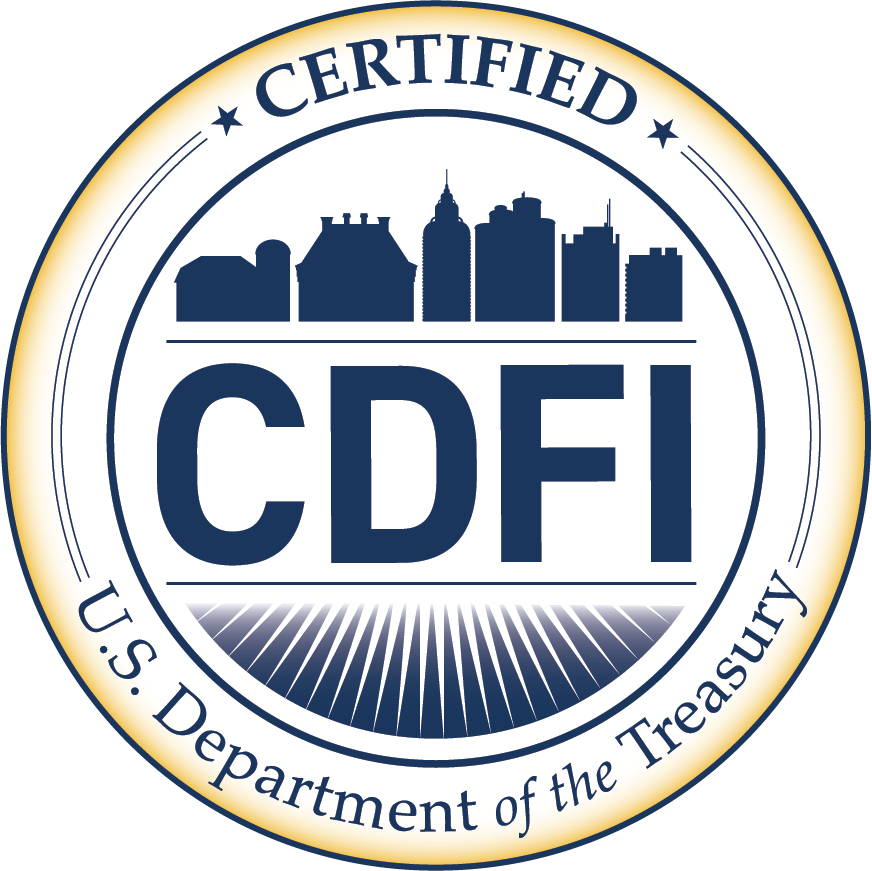First American Bank & Trust
This slideshow visually displays up to three slides one at a time. The carousel is set to autoplay a different slide every eight seconds. Inactive slides are hidden for all users. Use play/pause button, slide pagination, left/right arrow keys, or swiping to navigate through all slides. All links contained in the carousel are available in website navigation or elsewhere on the page.
Move past the hero section
Business Lending
Funding solutions tailored to your business needs.
MORTGAGE LENDING
Let our home team help you with your home dream.
DIgital banking
You’ve never seen convenience like this before.
 |
Hello
Welcome to First American Bank & Trust.
We are a financial institution that specializes in serving you, our customer. We’re focused on offering personalized products and services that are unparalleled in our industry, and tailored to serve your needs.
|
This slideshow visually displays up to six slides. On mobile devices this slideshow displays slides one at a time. Inactive slides are hidden for all users. Use slide pagination, left/right arrow keys, or swiping to navigate through all slides. All links contained in the carousel are available in website navigation or elsewhere on the page.
Move past the quicklinks section

FABT MOBILE
Your banking is in-hand with our mobile app. Debit card controls, transfers, deposits and more.

AM I READY TO BUY A HOME?
Whether you’re just starting out or you’ve found the perfect house to spend your golden years in, the mortgage specialists at FABT can help.

TRUST
Start a conversation with our Trust Services team today to plan for your tomorrow.

ATM Near Me
Quickly locate the nearest ATM to you.

Safety & Security Tips
See the latest advice on PC Security and Fraud Prevention.

savings
Ready to move beyond the piggy bank? Check out our Savings account options.
OUR core convictions
At First American Bank & Trust, our core convictions are not just vague words in a book no one reads. For us, it's the way our business is done. We found them easy to identify because it's what we do. They're what make us the strong and stable, local bank that's here for you.
This slideshow visually displays up to three slides. On mobile devices this slideshow displays slides one at a time. Inactive slides are hidden for all users. Use slide pagination, left/right arrow keys, or swiping to navigate through all slides. All links contained in the carousel are available in website navigation or elsewhere on the page.
Move past this ad section
ONLINE SERVICES
Our online services offer convenience you can depend on.
- Manage your funds and view account details.
- Fully customizable dashboard
- Pay bills-watch the demo to see how
fabtgo
If you’re awake, so are we.
Explore the many ways that First American Bank & Trust Mobile App, FABTGo, can save you time, expense, and hassle
Send and Receive Money with Zelle®
To securely contact the bank regarding website accessibility or any other banking question.
Why bank with First American Bank & Trust?
Because we’re committed to the success of our community and the people, businesses, and relationships that build it. Offering educational opportunities to help you prosper.







